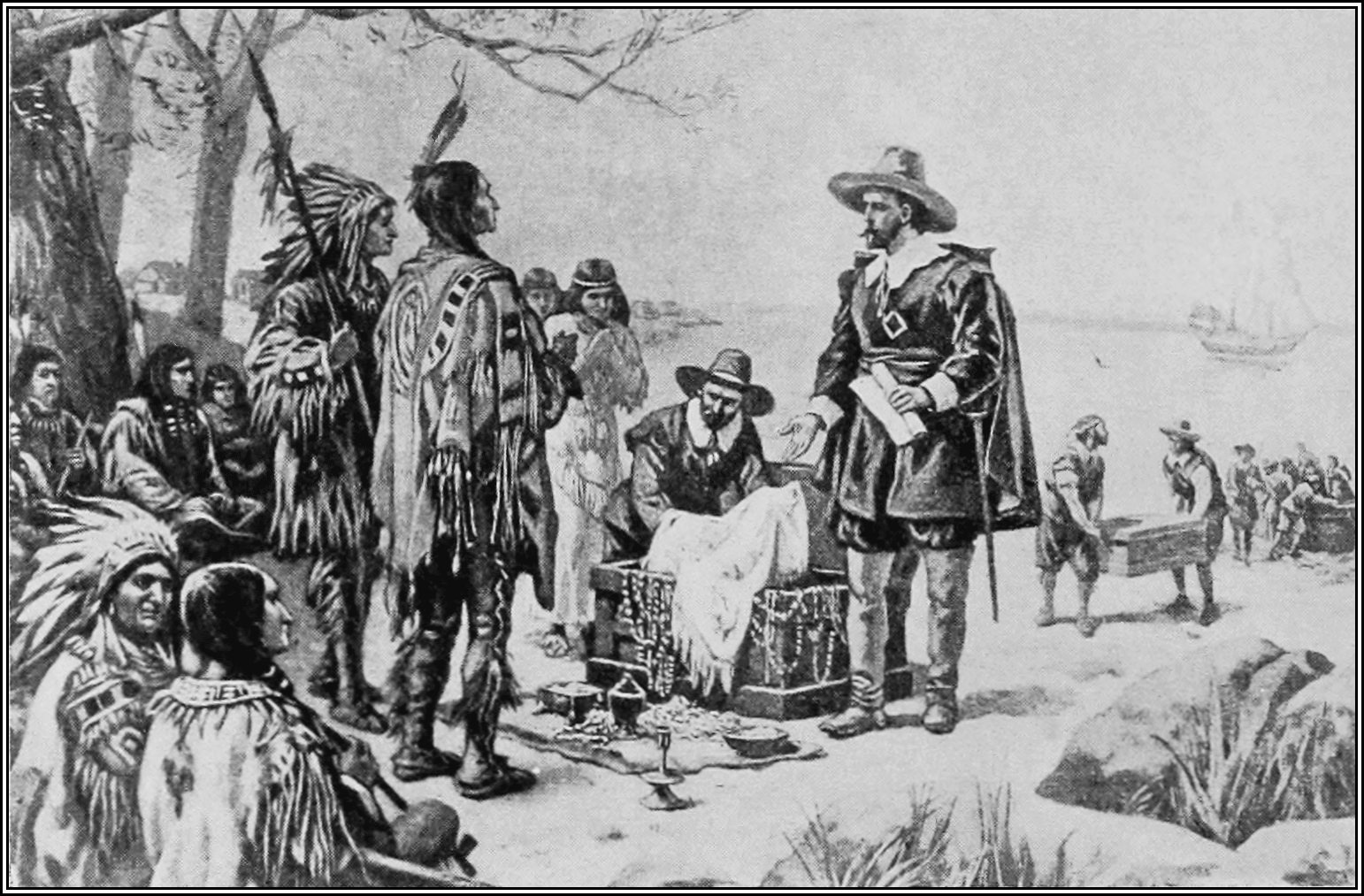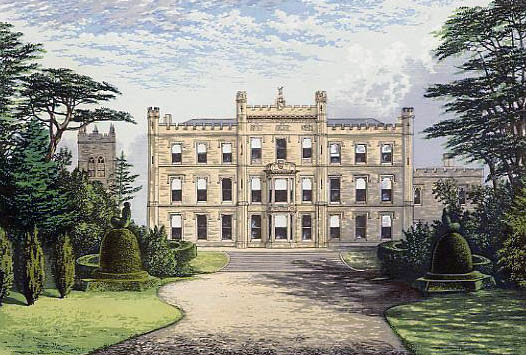|
William Stanhope (1626–1703)
Sir William Stanhope (18 December 1626 – 19 June 1703) of Shelford, Nottinghamshire was a politician who was a Member of Parliament (MP) for Nottingham (UK Parliament constituency), Nottingham from 1685 to 1687. He was born the eldest surviving son of William Stanhope of Linby, Nottinghamshire by Anne, the daughter of Bassingbourne Gawdy (died 1606), Sir Bassingbourne Gawdy of West Harling, Norfolk. He succeeded his father (who had been MP for Nottingham in the Long Parliament) on his death in 1681, inheriting his father's estates at Linby and Shelford, Nottinghamshire, Shelford, Nottinghamshire and was knighted in 1683. He was a captain in the Earl of Chesterfield's Foot in 1667. He was Gentleman Usher to Catherine of Braganza, Queen Catherine of Braganza by 1665–1685? and Groom of the Chamber in 1685?–1689. He was elected MP for Nottingham in 1685. He died aged 76 and was buried at Shelford. He had married Catherine, the daughter of Richard Byron, 2nd Baron Byron of Rochd ... [...More Info...] [...Related Items...] OR: [Wikipedia] [Google] [Baidu] |
Richard Slater
Richard Slater (25 November 1634 – 17 August 1699) was an English politician. He was born the eldest son of Anthony Slater, a grocer of Cheapside, London and Stainsby, Stainton, Yorkshire and entered Lincoln's Inn in 1651. He was appointed High Sheriff of Nottinghamshire for 1676–77. He was the Member of Parliament (MP) for Nottingham Nottingham ( , East Midlands English, locally ) is a City status in the United Kingdom, city and Unitary authorities of England, unitary authority area in Nottinghamshire, East Midlands, England. It is located south-east of Sheffield and nor ... from 1679 to 1685 and again from 1690 to 1699. He died aged 64. He had married Elizabeth, with whom he had three daughters. References 1634 births 1699 deaths Politicians from Nottingham High sheriffs of Nottinghamshire English MPs 1679 English MPs 1680–1681 English MPs 1690–1695 English MPs 1695–1698 English MPs 1698–1700 {{1698-England-MP-stub ... [...More Info...] [...Related Items...] OR: [Wikipedia] [Google] [Baidu] |
English MPs 1685–1687
English usually refers to: * English language * English people English may also refer to: Culture, language and peoples * ''English'', an adjective for something of, from, or related to England * ''English'', an Amish term for non-Amish, regardless of ethnicity * English studies, the study of English language and literature Media * ''English'' (2013 film), a Malayalam-language film * ''English'' (novel), a Chinese book by Wang Gang ** ''English'' (2018 film), a Chinese adaptation * ''The English'' (TV series), a 2022 Western-genre miniseries * ''English'' (play), a 2022 play by Sanaz Toossi People and fictional characters * English (surname), a list of people and fictional characters * English Fisher (1928–2011), American boxing coach * English Gardner (born 1992), American track and field sprinter * English McConnell (1882–1928), Irish footballer * Aiden English, a ring name of Matthew Rehwoldt (born 1987), American former professional wrestler ... [...More Info...] [...Related Items...] OR: [Wikipedia] [Google] [Baidu] |
1703 Deaths
In the Swedish calendar it was a common year starting on Thursday, one day ahead of the Julian and ten days behind the Gregorian calendar. Events January–March * January 9 – The Jamaican town of Port Royal, a center of trade in the Western Hemisphere and at this time the largest city in the Caribbean, is destroyed by a fire. British ships in the harbor are able to rescue much of the merchandise that has been unloaded on the docks, but the inventory in market-places in town is destroyed."Fires, Great", in ''The Insurance Cyclopeadia: Being an Historical Treasury of Events and Circumstances Connected with the Origin and Progress of Insurance'', Cornelius Walford, ed. (C. and E. Layton, 1876) p47 * January 14 – 1703 Apennine earthquakes: The magnitude 6.7 Norcia earthquake affects Central Italy with a maximum Mercalli intensity of XI (''Extreme''). With a death toll of 6,240–9,761, it is the first in a sequence of three destructive events. * January 16 ... [...More Info...] [...Related Items...] OR: [Wikipedia] [Google] [Baidu] |
1626 Births
Events January–March * January 7 – Polish–Swedish War (1625–1629), Polish-Swedish War: Battle of Wallhof in Latvia – Gustavus Adolphus, King of Sweden, defeats a Polish army. * January 9 – Peter Minuit sails from Texel Island for America's New Netherland colony, with two ships of Dutch emigrants. * February 2 – King Charles I of England is crowned, but without his wife, Henrietta Maria, who declines to participate in a non-Catholic ceremony. * February 5 – The Huguenot rebels and the French government sign the Treaty of Paris (1626), Treaty of Paris, ending the second Huguenot rebellion. * February 10 – Battle of Ningyuan: In Xingcheng in China, after an 8-day battle, Ming dynasty commander Yuan Chonghuan defeats the much larger force of Manchu people, Manchu leader Nurhaci, who dies soon after and is succeeded by Huang Taiji. * February 11 – Emperor Susenyos of Ethiopia and Patriarch Afonso Mendes declare the primacy ... [...More Info...] [...Related Items...] OR: [Wikipedia] [Google] [Baidu] |
Edward Bigland
Edward Bigland (ca. 16205 August 1704) was an English lawyer and politician. He was a Member of Parliament (MP) for Nottingham from 1689 to 1690. Life He was the son of Edward Bigland, rector of East Leake, Nottinghamshire. He matriculated at Queens' College, Cambridge at Easter 1637, graduating B.A. in 1641, and M.A. in 1644, and becoming a Fellow. He was admitted at Gray's Inn, 26 June 1648. He became serjeant-at-law in 1680, and recorder of Nottingham. He was M.P. for Nottingham in 1689. He settled at Long Whatton, Leicestershire Leicestershire ( ) is a Ceremonial counties of England, ceremonial county in the East Midlands of England. It is bordered by Derbyshire, Nottinghamshire and Lincolnshire to the north, Rutland to the east, Northamptonshire to the south-east, Warw ..., and was buried there 5 August 1704. References 1620s births 1704 deaths Year of birth uncertain Politicians from Nottingham Alumni of Queens' College, Cambridge Members of Gray's In ... [...More Info...] [...Related Items...] OR: [Wikipedia] [Google] [Baidu] |
Francis Pierrepont (died C (died 1659), English politician, MP for East Retford, 1640, and for Nottingham, 1645–1652
{{hndis, Pierrepont, Francis ...
Francis Pierrepont may refer to: * Francis Pierrepont (died c. 1693) (1662–c. 1693), English politician, Member of Parliament (MP) for Nottingham, 1689–1690 * Francis Pierrepont (Roundhead) Francis Pierrepont (died 1659) was an English politician who sat in the House of Commons in 1640. He fought in the Parliamentary army in the English Civil War. Pierrepont was the third son of Robert Pierrepont, 1st Earl of Kingston-upon-Hull an ... [...More Info...] [...Related Items...] OR: [Wikipedia] [Google] [Baidu] |
John Beaumont (MP)
John Beaumont (c. 16363 July 1701) was an English soldier at the time of the Glorious Revolution and politician who sat in the House of Commons between 1685 and 1695. Beaumont was born at Burton, Lincolnshire, the son of Sapcote Beaumont, 2nd Viscount Beaumont of Swords and his wife Bridget Monson. He was educated at school at Market Bosworth and was admitted at Christ's College, Cambridge aged 17 on 3 November 1653. He attended King Charles II in exile and was commissioned a captain in Our Holland Regiment, becoming lieutenant-colonel by 1685. In 1685, Beaumont was elected Member of Parliament (MP) for Nottingham and held the seat until 1689. In 1688, Beaumont's regiment was marched to Portsmouth under the Duke of Berwick. Beaumont was one of the officers involved in Portsmouth Captains affair when they refused to accept Irish recruits into the regiment against King James instructions for all regiments to accept a quota of Irish troopers. On 10 September 1688 the officers ... [...More Info...] [...Related Items...] OR: [Wikipedia] [Google] [Baidu] |
Robert Pierrepont (MP)
Robert Pierrepont (ca. 163822 September 1681) was an English politician who sat in the House of Commons from 1660 to 1681. Pierrepont was the eldest son of Hon. Francis Pierrepont of Nottingham and his wife Elizabeth Bray, daughter of Thomas Bray of Eyam, Derbyshire. He was admitted at Emmanuel College, Cambridge on 3 April 1652 and migrated to Christ's College, Cambridge on 14 April 1652. He travelled abroad in 1654 and succeeded his father in 1658. Pierrepont was elected Member of Parliament (MP) for Nottingham for the Convention Parliament in 1660 after the selected candidate, John Hutchinson was evicted as a regicide. He was re-elected MP for Nottingham in 1661 for the Cavalier Parliament and was also elected in the two elections of 1679 for the First First most commonly refers to: * First, the ordinal form of the number 1 First or 1st may also refer to: Acronyms * Faint Images of the Radio Sky at Twenty-Centimeters, an astronomical survey carried out by the Very La ... [...More Info...] [...Related Items...] OR: [Wikipedia] [Google] [Baidu] |
Philip Stanhope, 1st Earl Of Chesterfield
Philip Stanhope, 1st Earl of Chesterfield (1584 – 12 September 1656) was an English nobleman, aristocrat and royalist, who was created the first Earl of Chesterfield by King Charles I in 1628. Biography Stanhope was the only son of Sir John Stanhope of Shelford, Nottinghamshire by his first wife, Cordell Allington, but was raised by his father's second wife, Catherine Trentham (d. 1621). Stanhope was knighted in 1605 by James I. On 7 November 1616, he was created Baron Stanhope and was further elevated as Earl of Chesterfield on 4 August 1628. Leading up to the English Civil War, Chesterfield was summoned to Parliament in 1640 and took the side of King Charles I in the threatening conflict. When the conflict broke out he and his sons took up arms. Shelford Manor, his home in Nottinghamshire, was garrisoned under the command of his son Philip. The house was attacked and his son lost his life defending it on 3 November 1645. The Parliamentarian army took the house and burnt ... [...More Info...] [...Related Items...] OR: [Wikipedia] [Google] [Baidu] |
Nottingham (UK Parliament Constituency)
Nottingham was a parliamentary borough in Nottinghamshire, which elected two Members of Parliament (MPs) to the British House of Commons, House of Commons from 1295. In 1885 the constituency was abolished and the city of Nottingham divided into three single-member constituencies. History Nottingham sent two representatives to Parliament from 1283 onwards. In the mid eighteenth century it was influenced by the large local landowners the Thomas Pelham-Holles, 1st Duke of Newcastle, Duke of Newcastle for the Whigs (British political party), Whigs and Lord Middleton for the Tories (British political party), Tories and as a consequence would tend to return MP from each party. The constituency was abolished in 1885 and replaced by Nottingham East, Nottingham South and Nottingham West. Members of Parliament 1295–1640 1640–1885 Notes Election results Elections in the 1830s Ponsonby was appointed Home Secretary and elevated to th ... [...More Info...] [...Related Items...] OR: [Wikipedia] [Google] [Baidu] |
William Stanhope, 1st Earl Of Harrington
William Stanhope, 1st Earl of Harrington ( 1683 – 8 December 1756), was a British statesman and diplomat. Life William Stanhope was born in 1683 at the family home in Elvaston, Derbyshire, third surviving son of John Stanhope and Dorothy Agard. His elder brother Charles Stanhope (1673–1760) was also a politician and deeply involved in the South Sea Company financial scandal, while his cousin James Stanhope (1673–1721) is considered an alternative candidate to Robert Walpole for the title of Britain's first Prime Minister. He married Anne Griffiths, who died in 1719 giving birth to twin sons, William, 2nd Earl of Harrington (1719–1779), and Thomas (1719–1743). Career Educated at Eton College, Stanhope was commissioned in 1703 as a lieutenant in the 2nd Foot Guards during the War of the Spanish Succession, before transferring to the 3rd Foot Guards in Spain. By 1710, he was a lieutenant-colonel and missed the December 1710 Battle of Brihuega, when the Britis ... [...More Info...] [...Related Items...] OR: [Wikipedia] [Google] [Baidu] |


